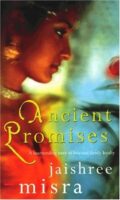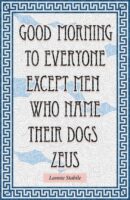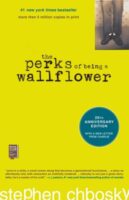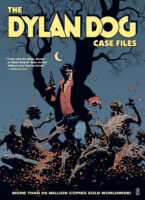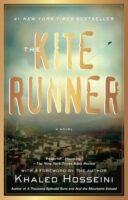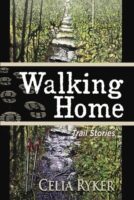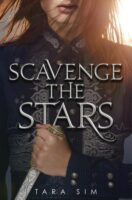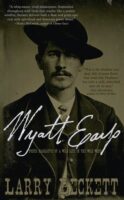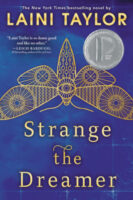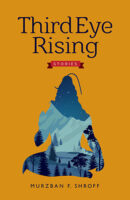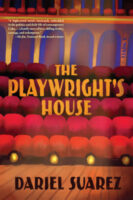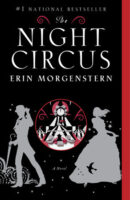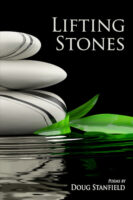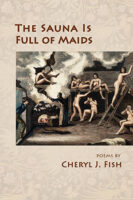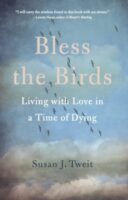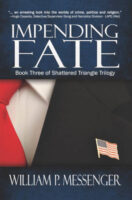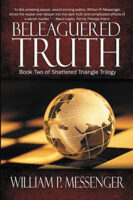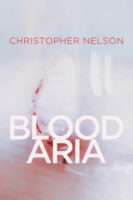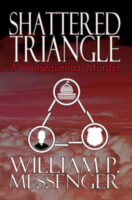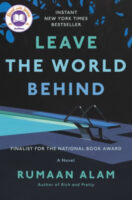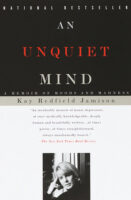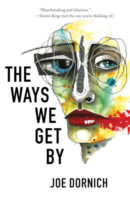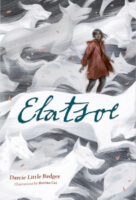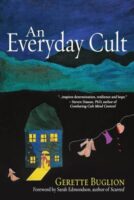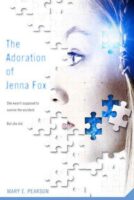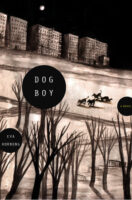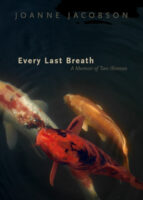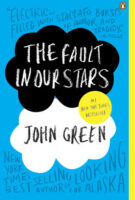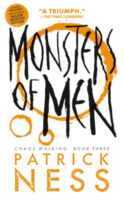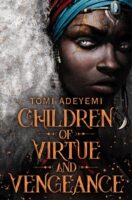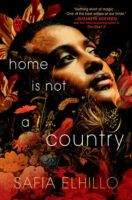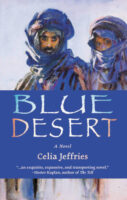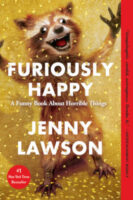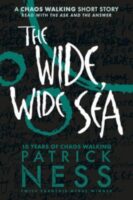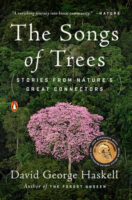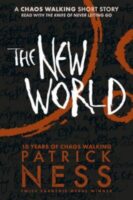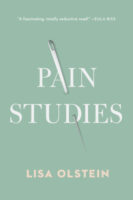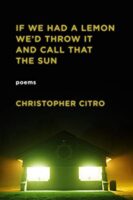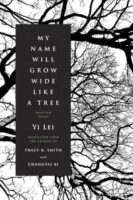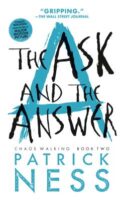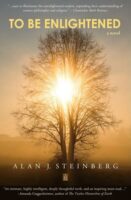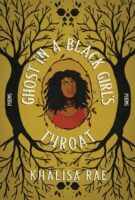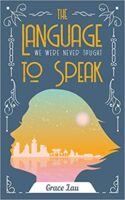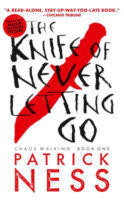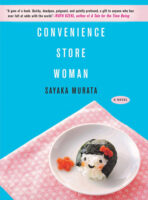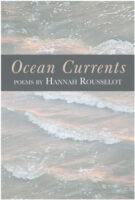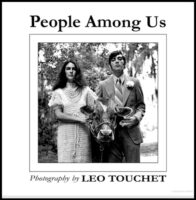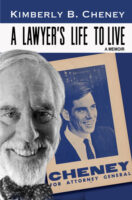‘Ancient Promises’
Guest Post by Neelima K E.
Jaishree Misra’s Ancient Promises can easily serve as a beginner’s guide to arranged marriages in India. The patrilocal toxicity of Indian domestic framework permeates the novel’s narrative and can be nauseating. Janu, the protagonist is a survivor and in a way the novel is her coming of age story. She makes mistakes, gets out, and finds purpose and will to live again all along the course of the narrative.
The Malayalam phrase ‘manam pole mangalyam’ frames the myth of an ideal marriage where love and affection dance to the tunes of matchmaking aunties and uncles from every nook and corner. The novel attempts to place familial loyalty, affection, and virtue in this mire of duty and stifling morality. Every action has its consequence and Janu learns to fight for her share of happiness in this world of do’s and do not’s.
Within the complicated narrative, the novel conceives a string of unanswered questions. Fate and predestiny elude the protagonist as she struggles to find her place moving against the tide in unforeseen circumstances. Is it wrong to covet pleasure and love outside a frigid marriage? What is it that connects two hitherto strange individuals in a supposedly sacred ritual? The fine lines between love, affection, and commitment makes for an interesting read.
The reader will be moved to tears, choking in helpless agony time and again as the protagonist is loved and betrayed repeatedly. The light at the end of the tunnel couldn’t have come sooner for Janaki and the novel remains a gaping wound for many a day forward, reminding the reader to never give in.
Ancient Promises by Jaishree Misra. Penguin Books, January 2000.
Reviewer bio: I am an Indian girl in love with words. People and life in general fascinate me and I look forward to publishing my books someday.

